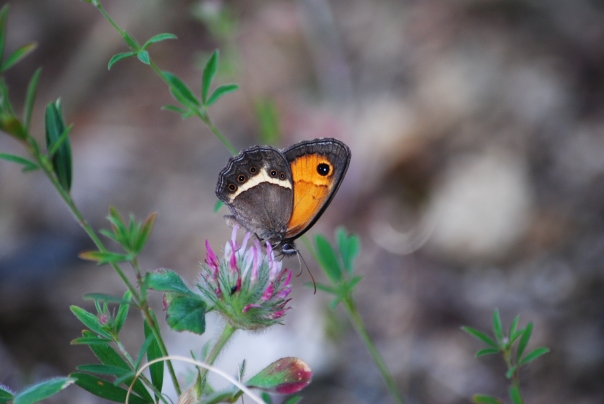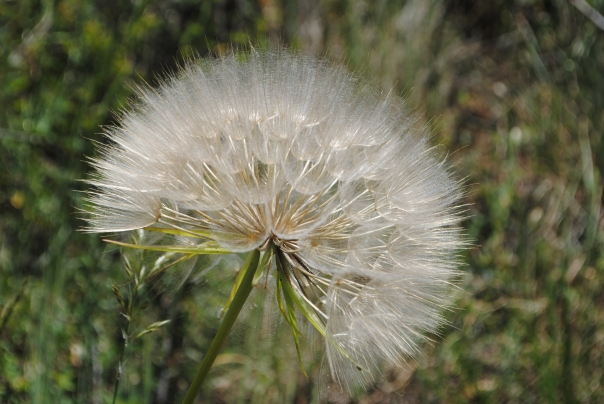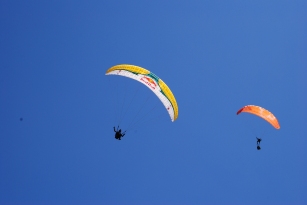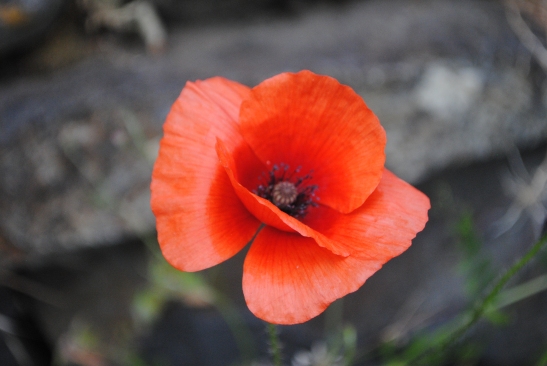
RESOURCES TO INSPIRE AND INFORM
Books:
K. Akhler, Self Talk Your Way to Success, Amazon Media, (2009).
Richard Bach , Jonathan Livingstone Seagull: A Story. Harper Thorsons, (September, 2015). An inspirational story about a seagull finding freedom and independence, love and kindness.
Brene Brown, Daring Greatly: How the Courage to Be Vulnerable Transfrms the Way We Live, Love, Parent, and Lead, (January, 2013). A book about how powerful it is to be vulnerable – insirational talks by Brene Brown on ‘Teds Talks’.
Brene Brown, The Gifts of Imperfection: Let Go of Who You Think You’re Supposed To Be and Think You Ought to Be Who You Are , Hazelden, (September 2010). Again, any of her lectures on ‘Ted’s Talks’ are inspirational.
Paul Coelho, The Alchemist: A Fable about following Your Dreams,HarperOne, 25th Anniversary edition, (February, 2015). A simple fable based on simple truths. An Andalucian shepherd boy pursues his dreams of a distant treasure in the Egyptian Pyramids.
Dalai Lama and Howard C. Cutler. The Art of Happiness. Riverhead Books, (1998). A Handbook for Living.
Michael Ende, Momo, Puffin Books, (2009). “And it is Momo, with her uncanny ability to listen, her simplicity and honesty, who holds the key to salvation.” (A book for children and adults!)
Ben Furman. It’s Never Too Late To Have A Happy Childhood . BT Press, (1998). From Adversity to Resilience.
Susan Jeffers, The Little Book of Confidence, Ebury, (December, 2013) and The Little Book of Peace of Mind, Jeffers Press, (May, 2015).
Jasmin Lee Cori, Healing from Trauma, Da Capo Press, (April, 2009).
Maddy Malhotra, How to Build Self Esteem and Be Confident, Betterment Publications, (2013).
Gerson Maso, Through the Valley. The Journey of an African Refugee, Westbow Press, (2015).
Judy Murphy, Assertiveness: How to Stand Up for Yourself and Still Win the Respect of Others, Kindle unlimited, (November 2011).
Wajdy Mustafa, Levant Fever: True Stories from Syria’s Underground. Juspax (November 2015).
Gulwali Passarlay and Nadene Ghouri, The Lightless Sky: My Journey to Safety as a Child Refugee: An Afghan Refugee Boy’s Journey of Escape, Atlantic Books, (October 2015).
Max Porter, Grief is the Thing with Feathers, Faber and Faber, (September 2015).
Chris Riddle (Children’s Poet Laureate), My Little Book of Big Freedoms, Amnesty International, (2015). See also: Amnesty International’s We Are All Born Free: The Universal Declaration of Human Rights in Pictures, Frances Lincoln Children’s Books, (2015)
Michael Rosen, Michael Rosen’s Sad Book, Walker, (January 2011).
Eckhard Tolle, The Power of Now, Hodder and Stoughton, (2001) and A New Earth , Gale Cengage Learning, (2005). Awakening to Your Life’s Purpose.
J. Tugendhat, Living with Grief and Loss. London: Sheldon Press, (2005).
Bessel van der Kolk, The Body Keeps The Score, Penguin, (September 2014)
Doreen Virtue, Assertiveness for Earth Angels, Hay House, (November 2013).
Peter Walker, Complex PTSD: From Surviving to Thriving. A guide and Map for Recovering from Childhood Trauma, Azure Coyote Publishing, (December 2013).
Websites with information about counselling and finding a counsellor:
http://www.bacp.co.uk/ The British Association for Counselling and Psychotherapy
www.counselling-directory.org.uk
http://www.baatn.org.uk/ The Black and Asian Therapy Network.
http://www.itsgoodtotalk.org.uk/useful-resources
Talks: Body language affects how others see us, but it may also change how we see ourselves. Social psychologist Amy Cuddy shows how “power posing”, standing in a posture of confidence, even when we don’t feel confident, can affect testosterone and cortisol levels in the brain, and might even have an impact on our chances for success. http://www.ted.com/talks/amycuddy. See also: http://www.ted.com/speakers/amycuddy.







 QUESTIONS TO HELP US INCREASE OUR ENERGY
QUESTIONS TO HELP US INCREASE OUR ENERGY











